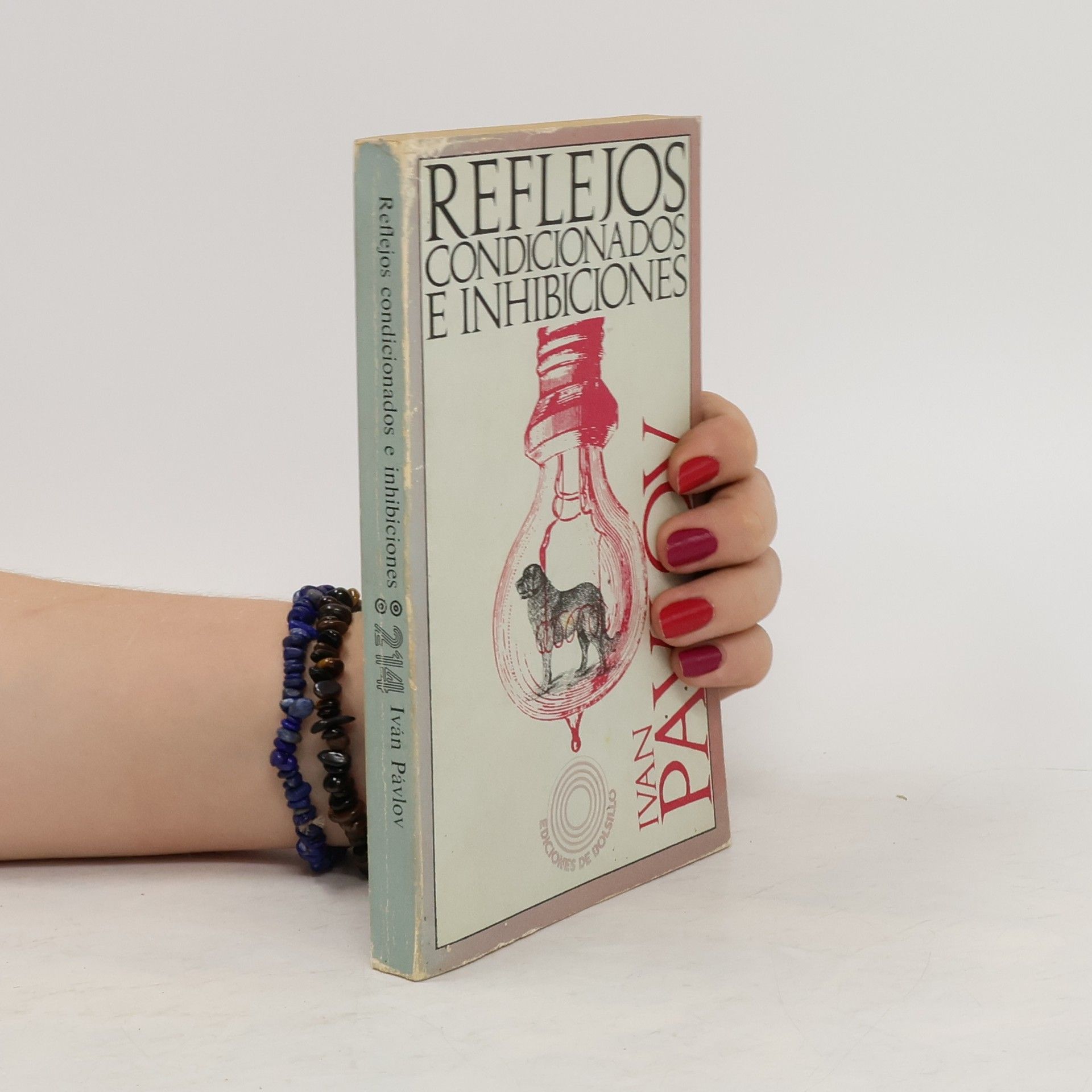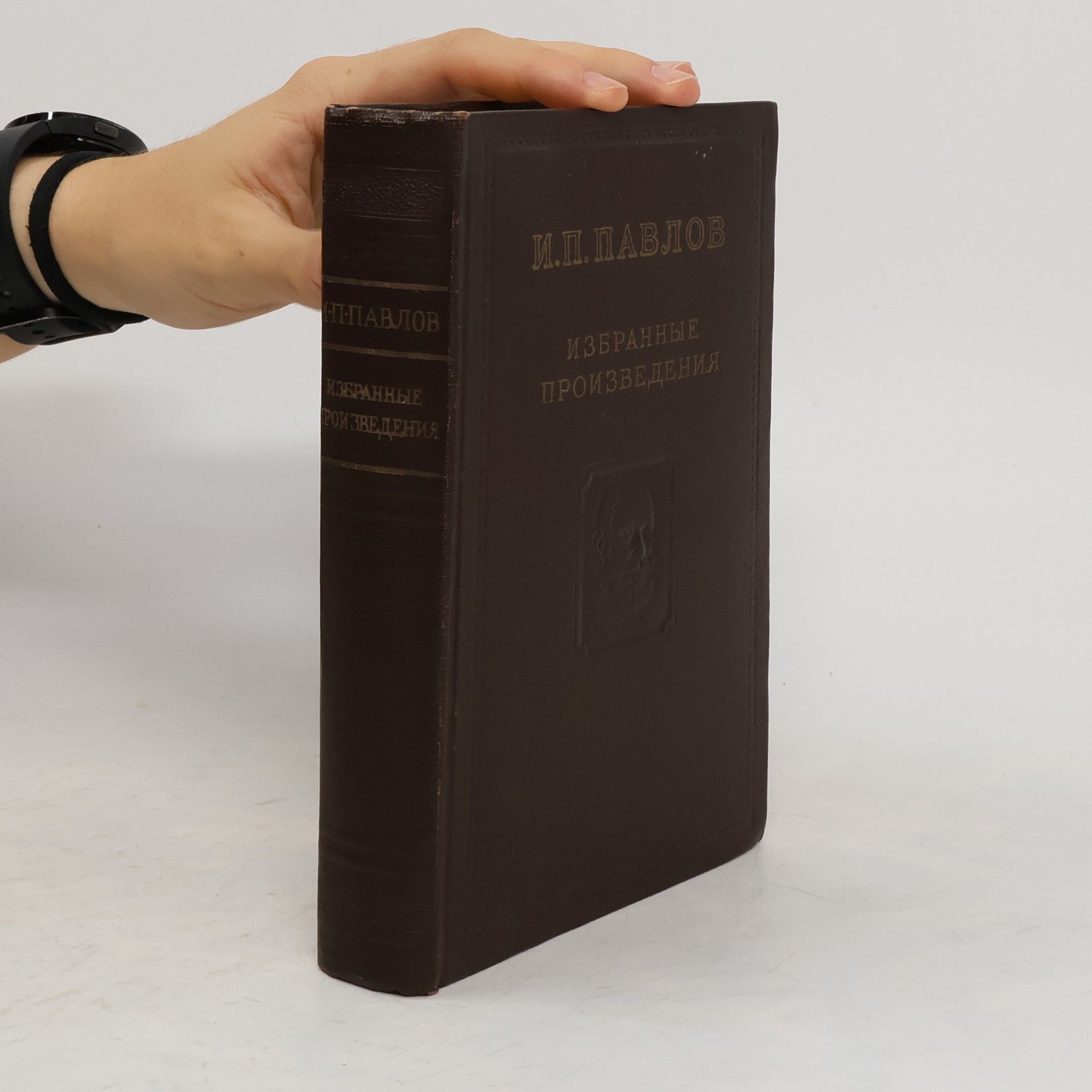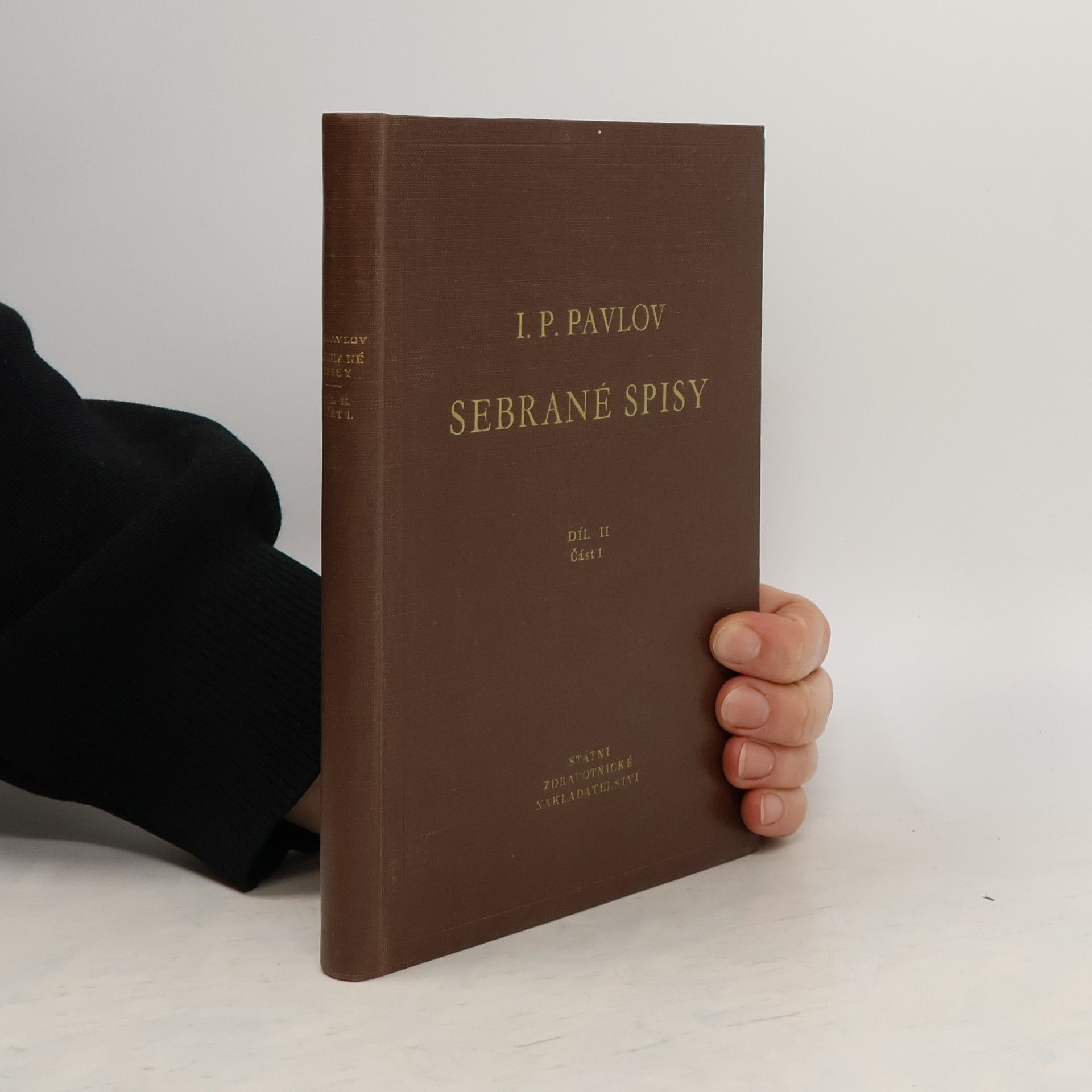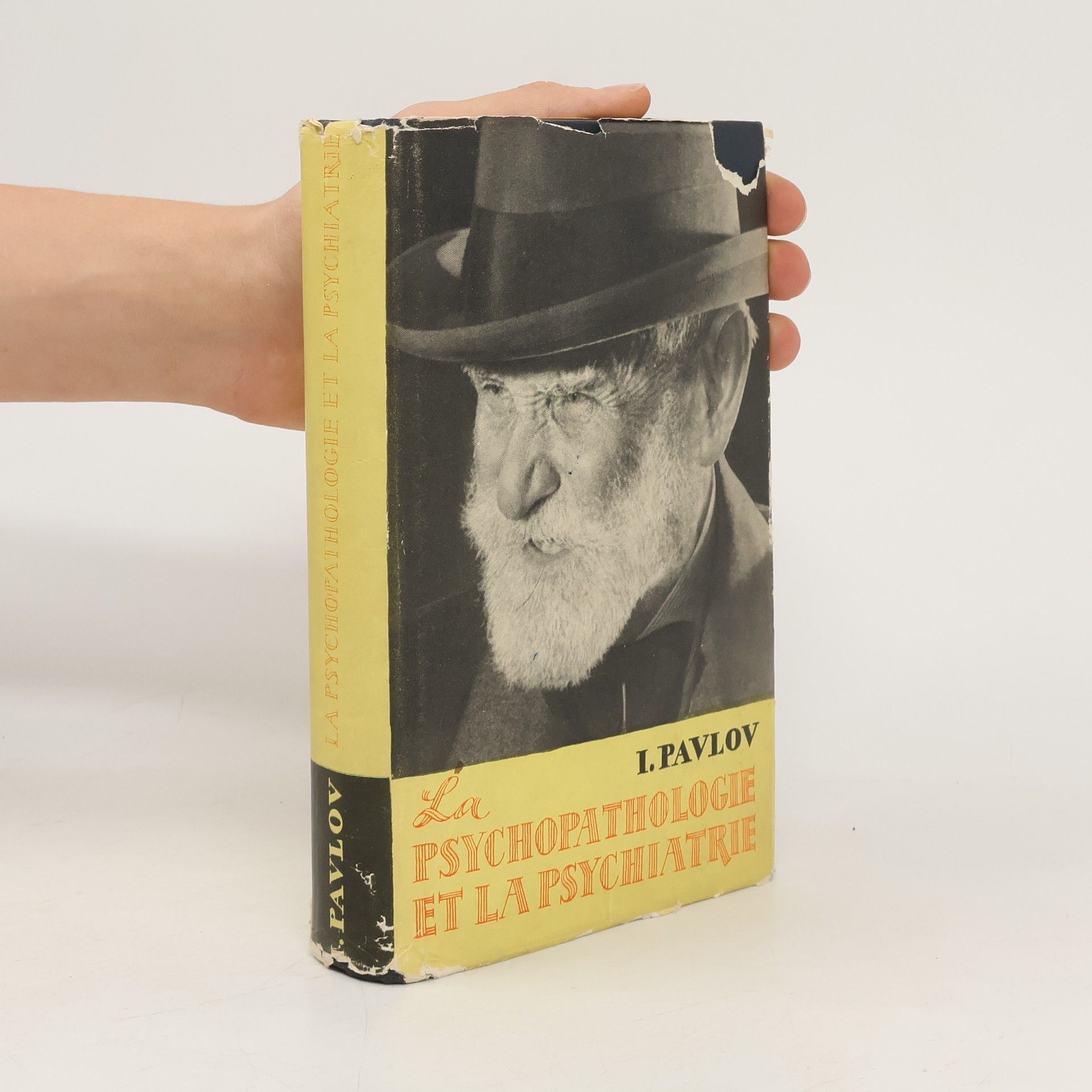La psychopathologie et la psychiatrie
Oeuvres choisies
Ivan Pavlov était un physiologiste et psychologue russe, réputé pour ses recherches révolutionnaires sur la physiologie de la digestion. Son travail lui a valu le prix Nobel et a jeté les bases de la compréhension de l'apprentissage et du comportement. Pavlov est principalement connu pour la découverte du conditionnement classique, un phénomène qui a profondément influencé la psychologie et les neurosciences. Son héritage réside dans l'exploration de la manière dont les organismes réagissent aux stimuli externes et dont ces réponses peuvent être modifiées au fil du temps.






Oeuvres choisies
An Investigation of the Physiological Activity of the Cerebral Cortex
Pavlov's groundbreaking exploration of conditioning reveals how animals and humans can be trained to respond to specific stimuli, significantly influencing behavioral psychology. Originally presented in a series of 1924 lectures, this expanded work compiles his experiments and conclusions, offering a comprehensive overview of his psychological system. By making his findings accessible, it transformed the understanding of behavior and laid the foundation for future psychological research, serving as an essential introduction to Pavlov's enduring contributions.